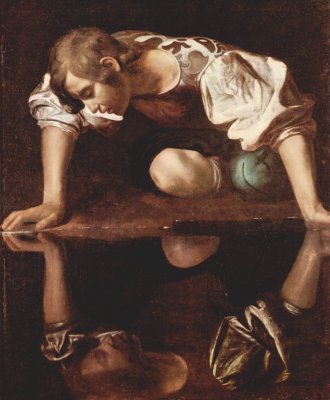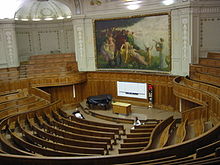Presentation
Today, the self-nonself framework, which has dominated immunology since the 1940s, is at a crossroads. According to the self-nonself theory, the immune system responds to foreignness: an organism can trigger an immune response against foreign entities (the ‘nonself’), but not against endogenous constituents (the ‘self’). This theory has become increasingly criticized for its vagueness and for its empirical inadequacy.
The discovery of physiological autoimmunity, the elucidation of mechanisms by which the immune system can recognize cancer cells, the understanding of the organism as a symbiotic system, altogether cast doubt on the self/nonself dichotomy as a fundamental basis for immune recognition. It has been increasingly challenged by rival theories, such as ‘network theories’ in the 1970s, and the ‘danger theory’ in the 1990s.
Yet, the idea that ‘foreignness’ is the basis of immune recognition remains widely accepted by immunologists, and the self-nonself vocabulary is still pervasive in today’s immunology. One example is the interpretation of the recently described RNA interference-based immunity as a process that would detect ‘foreignness’ at the level of nucleic acids. As a consequence, the self-nonself framework is still vigorous, it has not been replaced by another theoretical framework, and some reject the idea that it should be replaced at all.
This interdisciplinary conference aims at exploring the meanings of the notion of ‘self’ and to determine whether it is appropriate to redefine the self or go beyond this notion. By confronting different theoretical and philosophical approaches to the immune system, this conference will contribute to stimulate debates about the conceptual basis of immunology. Such a project rests on the double conviction that, more than ever, immunology needs theories and theoretical debates, and that, in order to better understand its own concepts, immunology needs to be confronted with other approaches, in particular with the rich philosophical tradition that deals with the pivotal notions of identity, individuality and self. Theories and models in immunology can also be invigorated by approaches developed by systems biologists and specialists of artificial immune systems.
By shedding light on the origins and meanings of the word ‘self’ and by confronting different theoretical approaches to the immune system, this conference will contribute to a better understanding of today’s and tomorrow’s immunology.

